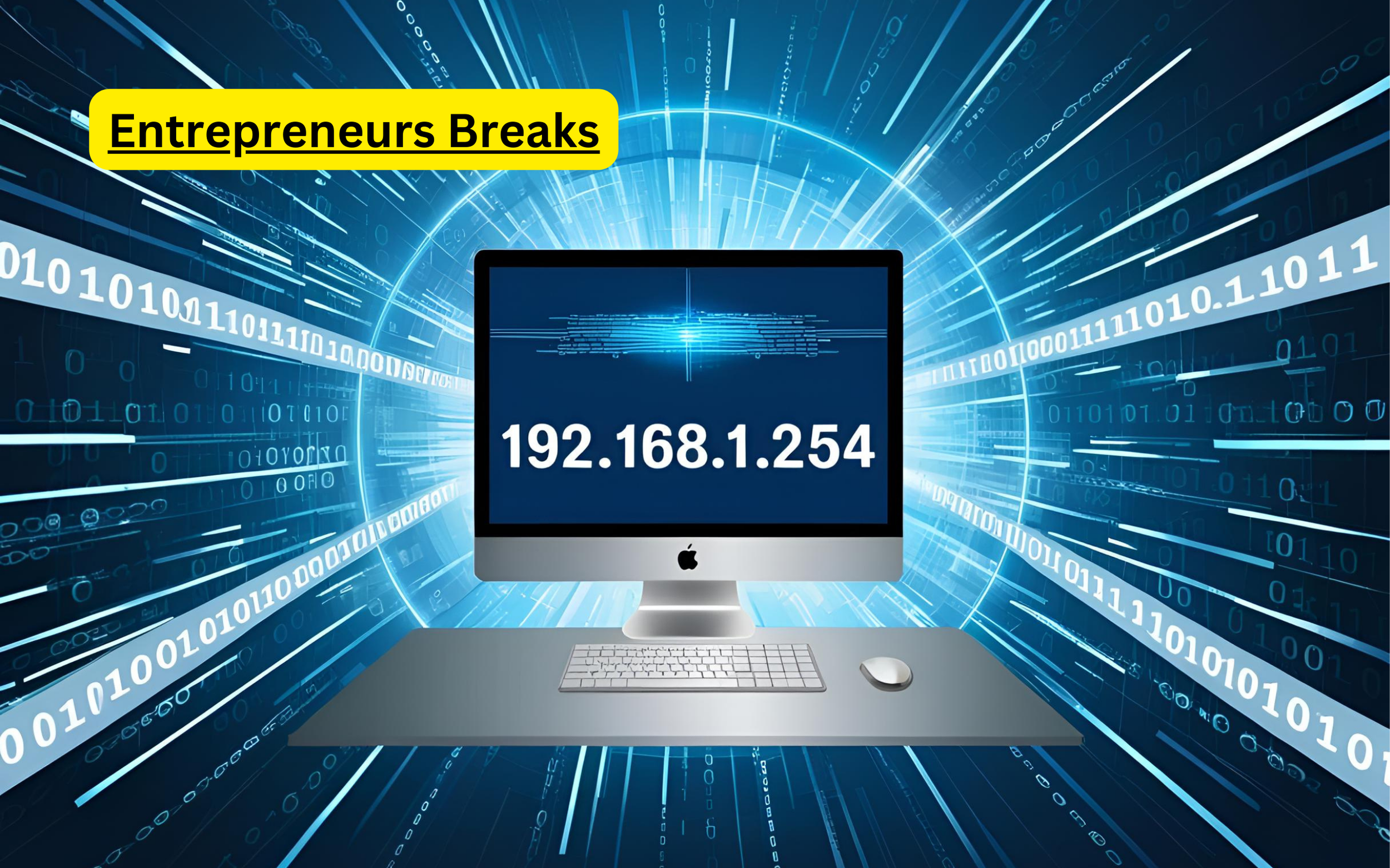The recent leaks from thejavasea.me under the tag aio‑tlp have raised serious concerns about data privacy and cybersecurity.
These leaks reportedly involve sensitive user information, including emails, passwords, and possibly more, sourced from various platforms.
Cybersecurity experts are actively analyzing the scope and origin of the breach, while affected users are being urged to update credentials and monitor suspicious activity.
The term aio-tlp suggests an “all-in-one” threat-level protocol, possibly used to classify or categorize the leak’s severity.
As investigations continue, staying informed and taking preventive actions are crucial to minimize potential damage from this data breach.
What Is Thejavasea.me? An Introduction to the Platform

Thejavasea.me is a controversial file-sharing platform and forum known for distributing various types of digital content—some legitimate, much of it leaked and unauthorized.
Among the site’s most searched items are the thejavasea.me leaks aio‑tlp, referring to “All-in-One TLP” toolkits.
These bundles typically combine software utilities, scripts, and toolsets into a single package.
The community-driven nature of the platform encourages users to upload and share without vetting, making it a hotspot for leaked content.
While some uploads might be harmless open-source tools, others include proprietary or sensitive software that’s been distributed without permission.
In essence, Thejavasea.me is where convenience meets risk.
For those seeking aio‑tlp bundles—collections of useful digital tools—Thejavasea.me offers a one-stop download site, albeit with few safety or legal safeguards.
That simplicity, however, comes with significant digital and ethical hazards.
Understanding AIO‑TLP: What Does It Mean and How Is It Used?
AIO‑TLP, in this context, means “All-in-One — TLP toolkit.”
It is often composed of multiple scripts, executables, or modules bundled together for functionality like penetration testing, automation, decryption, or custom development.
Many in underground or semi-professional communities gravitate toward these AIO‑TLP bundles because they save time collecting and configuring tools individually.
However, using them without understanding can cause serious problems.
For instance, some scripts might be obsolete, or they could be unreliably adapted from public-source code—or worse, embedded with malware.
Practically, people use aio‑tlp packages in network testing, vulnerability scans, or system maintenance.
While the potential for legitimate utility exists, using leaked versions downloaded from Thejavasea.me carries no promises of integrity, updating, or support—and can come with built-in risks.
Thejavasea.me Leaks Explained: What You Need to Know
When someone refers to the thejavasea.me leaks aio‑tlp, they’re usually talking about bundles originally restricted or paid tools that have been cracked and shared on the platform.
These leaked kits offer a tempting “free” alternative, but often hide dark side effects.
Many users have discovered hidden malware, backdoors, or adware embedded within these tools.
Since there is no moderation or file validation, even well-meaning uploads may carry dangerous payloads.
The site provides no security checks or hash verification—meaning every download could compromise your device.
Therefore, knowing that a tool is leaked from Thejavasea.me isn’t enough.
One must weigh convenience against potential system hijacking or legal violation, especially if those binary files contain copyrighted or licensed components.
How AIO‑TLP Tools Are Shared on Thejavasea.me
On Thejavasea.me, AIO‑TLP tools are often shared via compressed archives, torrent files, or direct download links.
Uploaders typically post threads with titles like “AIO‑TLP full pack” followed by descriptions and unverified screenshots.
Comments sections serve as crowd-sourced quality checks, but these are often unreliable—either empty or misleading.
Since no official moderation exists, files remain available even after users flag issues.
The download mechanism often requires navigation through ads or redirects, increasing the risk of deceptive downloads or malware exposure.
With thejavasea.me leaks aio‑tlp, it’s important to recognize that the files are shared in an environment with zero oversight.
As a result, user-device compromise or legal exposure is a real threat—sometimes hidden until it’s too late.
Risks and Legal Issues of Accessing Leaked Content from Thejavasea.me
Downloading the thejavasea.me leaks aio‑tlp bundles can be risky both legally and technically.
Intellectual property laws may be violated, particularly if the tools include proprietary licensed software.
Distributing or using these can result in fines, lawsuits, or criminal charges.
Technically, the files are untrusted—running them may introduce malware like keyloggers, ransomware, or rootkits.
Further, they may exploit known vulnerabilities in your system without proper patching or oversight, leaving your security compromised.
Additionally, downloading from platforms like Thejavasea.me may expose your IP to monitoring, attract government scrutiny, or make you a target of malicious seeders.
With both cybersecurity and legal implications, the hazards surrounding aio‑tlp leaks are far more serious than the appeal of “free tools.”
Thejavasea.me’s popularity arises from its massive variety, anonymity, and free content—in stark contrast to paid software markets.
For those seeking aio‑tlp toolkits, it offers a convenient, scattered aggregation.
Communities focused on cybersecurity testing, coding hacks, or data scraping find a low barrier to entry here.
The platform’s easy structure—forums, direct links, comment threads—boosts engagement.
Despite ethical and legal doubts, its rapid growth is fueled by demand for bundled toolkits.
However, this visibility is a double-edged sword: while it draws security hobbyists, it also attracts dangerous or harmful files.
The more popular the site, the more likely it is to become a repository for malicious code under the guise of AIO‑TLP.
How to Stay Safe While Browsing Sites Like Thejavasea.me
To mitigate risks when encountering thejavasea.me leaks aio‑tlp, take precautions:
- Avoid downloading unknown or large AIO bundles.
- Use a sandbox or virtual machine for testing.
- Always scan files with multiple, updated antivirus engines.
- Verify legality—do not use pirated or proprietary tools.
- Consider safer alternatives: official sources or verified platforms.
These steps can reduce exposure to malware, legal trouble, or system compromise.
Is AIO‑TLP Content on Thejavasea.me Reliable or Risky?
Anytime you download aio‑tlp content from Thejavasea.me, you’re playing a gamble.
The reliability is almost non-existent—no version control, patch management, or developer oversight. Many downloads are outdated or harmful.
Because of frequent malicious edits, injected exploits, or broken functionality, it’s safer to avoid leaked toolsets from untrusted sources.
Especially AIO‑TLP from Thejavasea.me should be treated as “risk zone” categories—trust only code from verified, official, and licensed repositories.
Alternatives to Thejavasea.me for Legal and Ethical Tool Access
Instead of risky leak sites, consider:
- GitHub: for open-source AIO toolkits with community oversight.
- Official vendor portals: for licensed tools with updates and support.
- Cybersecurity frameworks like Kali Linux, Metasploit, etc.
- Educational resources like OWASP, HackerOne, Bugcrowd.
These sources offer aio‑tlp compliant, secure, and legal alternatives to the leaked bundles.
The Future of AIO‑TLP Sharing and Its Impact on Cybersecurity

The rise of thejavasea.me leaks aio‑tlp reflects broader cybersecurity challenges.
Leak sites undermine digital trust, promote piracy, and increase malware spread.
Meanwhile, demand for ready-made toolkits persists—suggesting a future where legit providers may offer secure, curated AIO packages.
From a defensive standpoint, cybersecurity must adapt—scanning leaked software, building sandbox environments, and educating users.
AIO‑TLP bundles can be pedagogical if used correctly; otherwise, they threaten network integrity.
The future lies in regulated distribution and transparent code, not anonymous leak forums.
Conclusion
The phenomenon of thejavasea.me leaks aio‑tlp highlights today’s digital crossroads: accessibility versus accountability.
While leaked AIO‑TLP bundles offer the lure of “free, all-in-one” convenience, they come at enormous cost—system vulnerabilities, potential malware, and legal liability.
Because these tools are not vetted or maintained, they jeopardize both individual machines and larger networks.
Thejavasea.me’s popularity stems from anonymity and ease of use, yet it perpetuates shadow ecosystems that harm cybersecurity.
For professionals and hobbyists alike, the prudent alternative is to lean on trusted, official sources—open-source repositories or licensed platforms ensuring transparency, updates, and developer support.
Going forward, the cybersecurity community must advocate for ethical sharing, better tool vetting, and user education.
Only by transforming the culture around aio‑tlp distribution can we foster a safer, more resilient digital environment without sacrificing innovation.














Leave a Reply